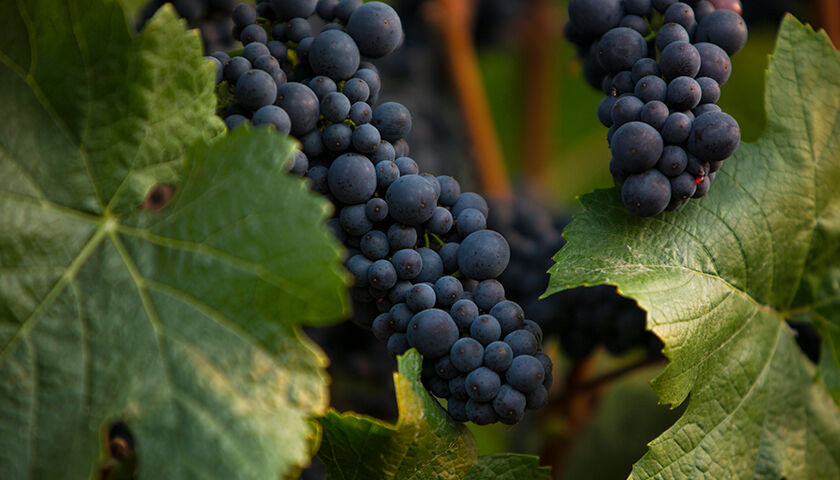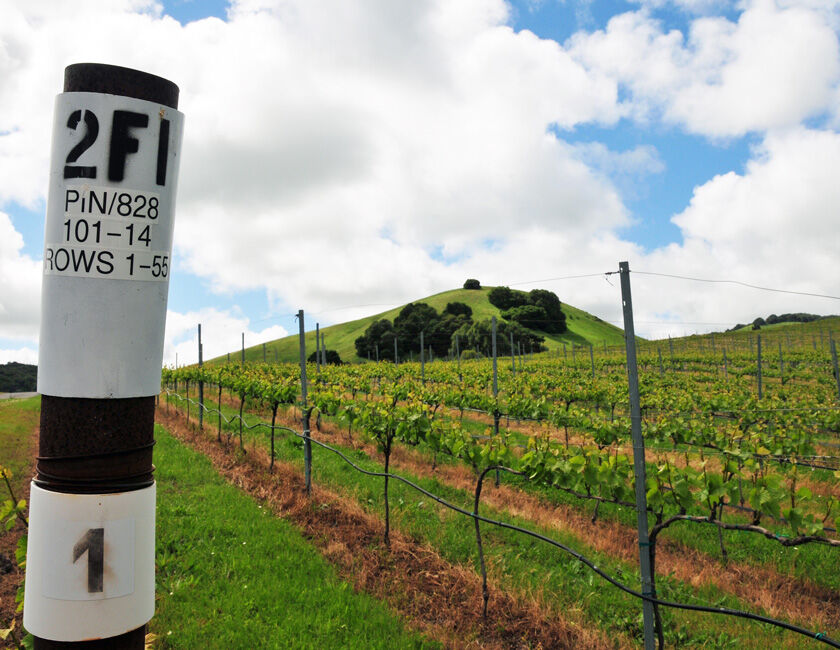
What is a Clone?
To keep it simple, it’s just the age-old practice of generating a new plant, genetically identical to the original, by taking and propagating a cutting. Each Pinot Noir clone has a personality, and that personality is impacted by the growing conditions in a vineyard.
Over time, growers and winemakers have come to appreciate the diversity that clones offer and work hard to identify which clones work best in a vineyard. In the Grace Benoist Ranch in Carneros, for example, there are several Pinot Noir clones that offer Winemaker Jon Priest the ability to consider the vintage and what combination of fruit from various parts of the vineyard will result in the best wine of the season.
Principal Clones and What They Offer
Clones are generally classified by where they come from with unique identifying numbers. While there are many used in the world, these are the ones we use at Grace Benoist Ranch.
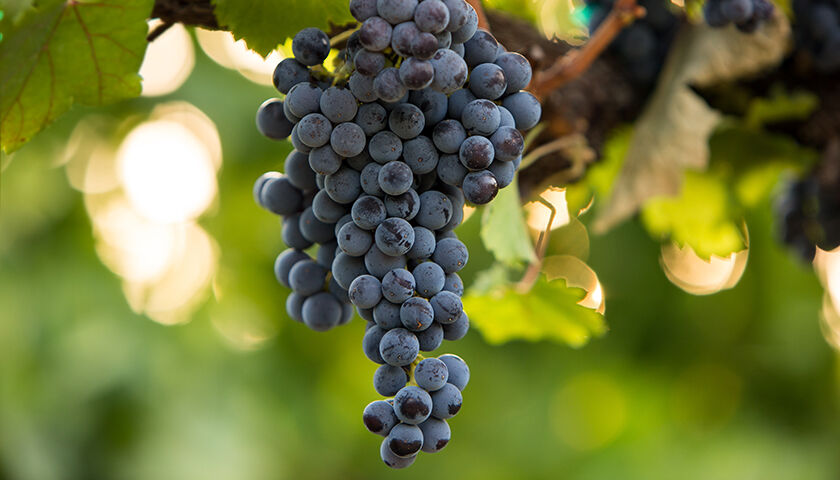
Dijon 113 Clone
Generally moderate yielding, very fruitful, early ripening. Classic blend of blue and red fruit notes with plum, cherry, and raspberry fruits with a cedar and pepper finish. Known for elegant aromatics. Often a component in the Deer Camp Pinot Noir.
Dijon 114 Clone
Lower yielding, vigor and vegetative growth is generally even and early ripening in the Carneros. Lifted red fruit, floral notes, berry, cherry, and dark plum, fruit-driven spicy pinot. A component in the Etude Blanc de Noir.
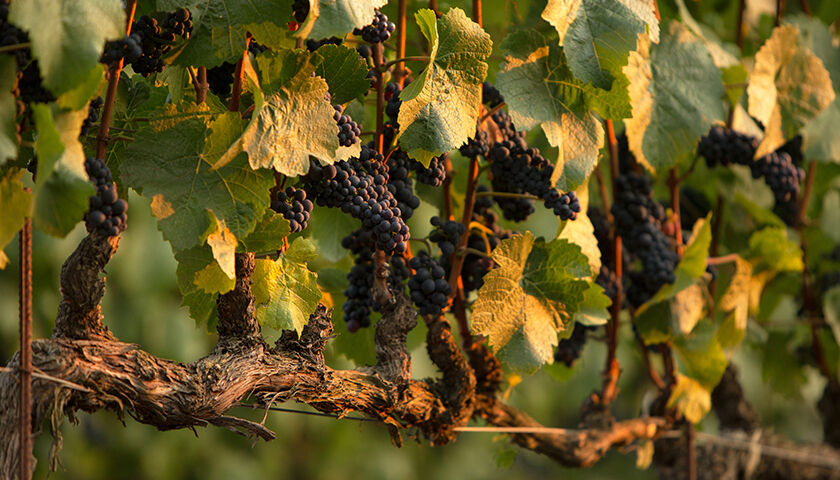
Dijon 115 Clone
Most widely planted clone due to production consistency and its ability to make a complete wine. Naturally high yielding. Dusty nose with primarily red and dried fruits, earthy notes, and a butterscotch and black pepper finish makes complex, and powerful wines. Good ratio between fruit-flesh and berry skin so a higher aroma and color extraction can be achieved. Perfect to stand alone. A component of Temblor Pinot Noir and the main component of Laniger.
Dijon 667 Clone
Lower yielding, smaller clusters.
Dijon 777 Clone
Most site dependent, with a different character depending where planted. It can offer fruit that is red, lifted and ethereal, or darker and fleshy. Similar to 115. High color, nice tannins, and aromatic. Good ratio between fruit-flesh and berry skin so a higher aroma and color extraction can be achieved. Perfect for aging.
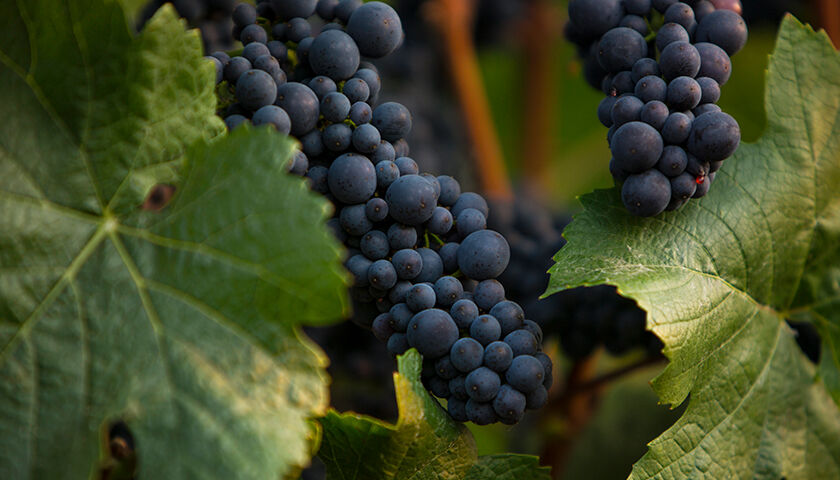
Pommard 5 Clone
This Pinot Noir clone produces well-structured Pinot Noir fruit resulting in wine that is high in tannin and dark fruits with a somewhat meaty, character. Considerable spice. Good mid-palate complexity and a luxurious mouthfeel that winemakers are often looking for. Dense qualities with a signature "cola" scent.
Martini Clone
Known for its characteristic brown spice (cinnamon, nutmeg, clove) and deep cranberry and raspberry flavors. Offers a thicker skin and grape pulp with boysenberry as a signature descriptor. Generally ripens later than Dijon clones, stands up to weather variations. Can produce structured wines when vintage yields are limited. This is the main clone featured in Deer Camp Pinot Noir.
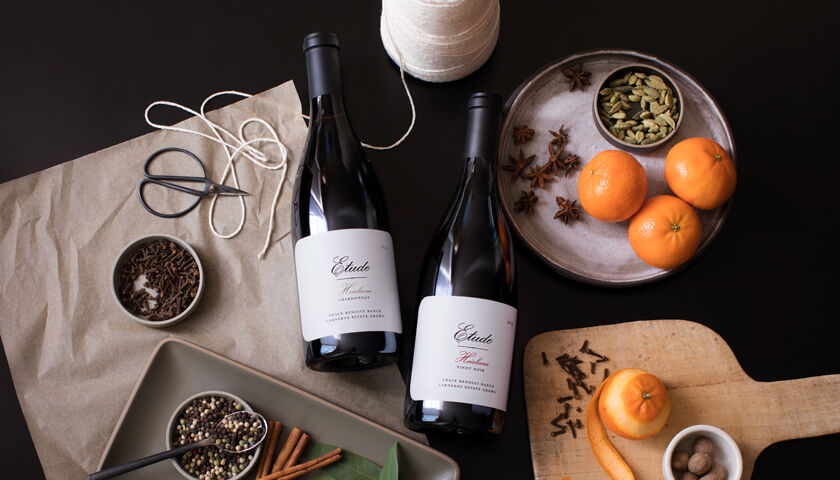
Etude’s Special Heirloom Selections
Early on, as the founding winemaker at Etude got to know the Grace Benoist Ranch with greater insights, he also found favorite Pinot Noirs from friends and notable producers he admired. With that in mind, he brought various cuttings from those vineyards to create vine selections at Grace Benoist, with the goal of replicating those great wines. These selections became known simply as Heirloom vines, and each vintage the Heirloom expression is made solely from the best of the nine selections grown in three distinct vineyards at Grace Benoist Ranch. The wide array of selections at Grace Benoist are proprietary, but proudly reflect the true Pinot Noir pedigree and heritage.


